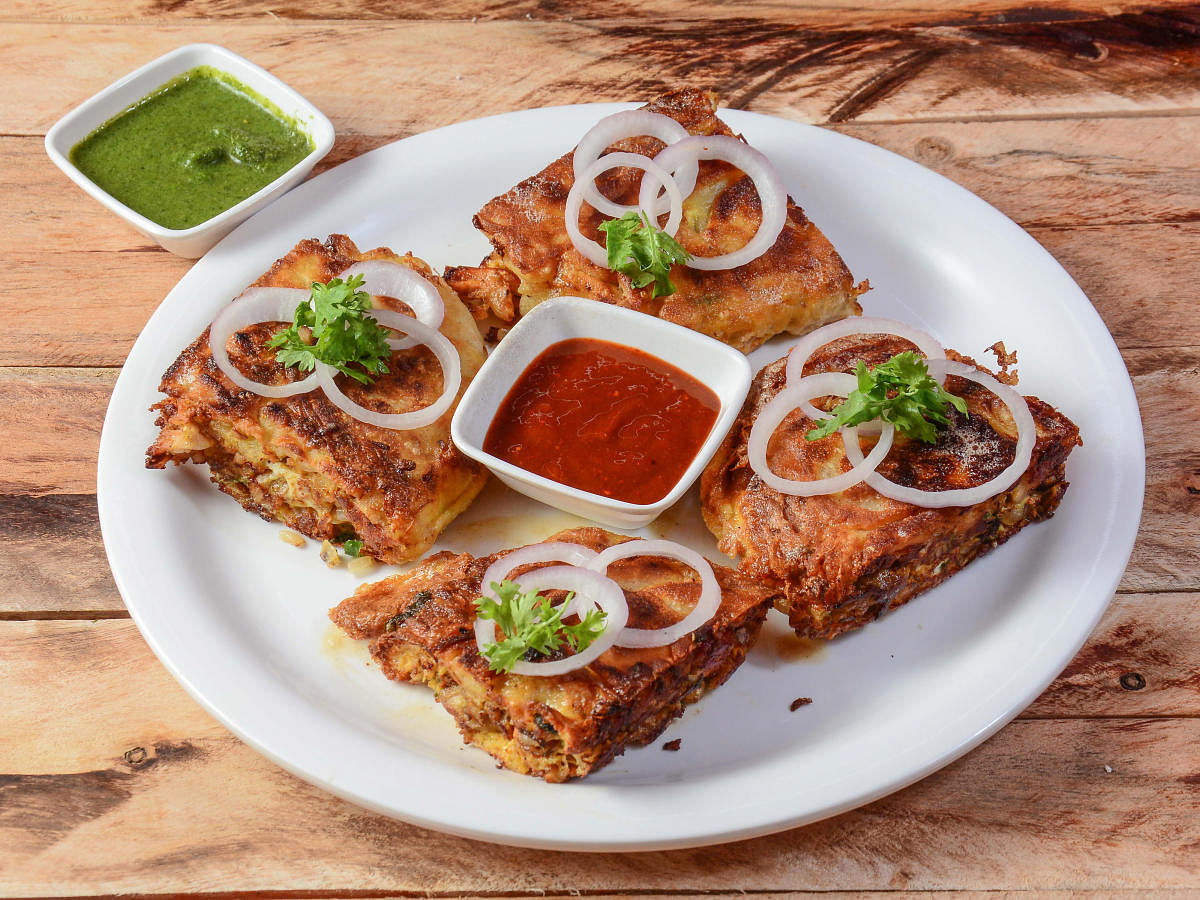In reverence



The year was 2003. Chef Anthony Bourdain made a trip to the Northeast of India. On his agenda were the tribes he was so fascinated with. And for almost a month, the award-winning chef along with historian and Northeast expert Dr Ashish Chopra travelled every nook and cranny discovering the hidden world. “We travelled in rickety buses, open Jongas, ate sitting on the floor, even took part in rituals and had a feast that most Indian chefs would not find the appetite for. But not Tony (Chef Bourdain as his friends and associates called him). Thanks to his uncanny zeal to learn, explore and read, read, read, he seemed always ready for the next adventure — and even went in with the same gusto as he would dive into a roadside momo or tingmo and stew," recalls Dr Chopra who spent almost a month with the yet to be legend chef and would remain impressed with Chef Bourdain’s mind and his exquisite ability to bring in “such integrity” while presenting a new culture. “He was a cut above others.”
Chef Bourdain, though a known name in the hospitality business by then, had yet to write his claim to fame tome, Kitchen Confidential and make a debut as this brilliant culinary host with No Reservation. Fascinatingly, remembers Dr Chopra, “even when I met him years later, albeit briefly, fame had done little to change the culinary explorer in him. He was still the respectful but always irreverent traveller and guest with a voracious appetite to know, learn and explore new things constantly fuelled by his fastidious research work. It was this heady cocktail of intelligence and insatiable curious mind that drove his many projects including Roads & Kingdoms and his collaboration with Laurie Woolever for Appetites: A Cookbook, who eventually compiled his last book in an essay format — and made the bestselling author so endearing to the drought-stricken food community that was looking for new muses and a fresh perspective on food, which the chef gave in plenty through his unconventional take on popular dishes and cultures. Like when he called Banh Mi, “That’s a symphony in a sandwich” or baida roti he had in one of the Khau Galis of Bhendi Bazaar in Mumbai as “kind of like an Egg McMuffin, only good” or when he praised offal by referring to the neglected parts as “really good if you’re lucky enough to travel to places like India or, for that matter, France, get out of the hotel and try a few local specialities.”
Interestingly, Chef Anthony’s disregard of the often serious (though unnecessary) stuff and his ability to pun on it was the reason that made his work impactful — and not just those who chanced upon his shows and books, but even those who worked alongside the bestselling chef-author. No Reservation’s production manager Nari Kye was one who rediscovered his own Korean legacy thanks to an episode on Korea where the Kye family was the focus. Incidentally, the idea, as Kye writes in the book, came in a drunken soju haze, I said, “Tony, you have to swear you’re going to Korea.” The episode, which aired in the summer of 2006, not only changed the way the world looked at this once powerful kingdom, for Kye, the episode remained “the greatest thing I’ve ever done.” The prowess to infuse that sense of pride in people about their culture and food was one part of what made the award-winning chef, such a class act. The other was his candour with which he presented his joy, peeves, surprises, shocks, and the sheer inability to comprehend a certain place, history, or situation. He almost normalised not knowing and upscaled the virtues of unscripted raw emotions when he described his journey into the Philippines as “they tend to like us in the Philippines, in the measured way anyone likes someone who’s set free from an enemy but flattened your country while doing so.”
These and many such tidbits and short notes plucked from the show or his few writings is what makes World Travel: An Irreverent Guide — a tome that he conceptualised with Woolever but never wrote it — an otherwise nicely put together travel guide, it is an absolute delight to read. Whether it is his professed love for Bhutanese momos when he says, “if I am not on camera, chances are I’m somewhere eating these bad boys” to describing Lao Zhi Chi or Chinese Spicy Chicken, “a game of finding bits of chicken in a mountain of ass-burning goodness. C'mon, it’s fun for the whole family!”
The book covers almost 42 countries in parts and full while has been more of a compilation of different essays garnished generously with Tony’s tony-ness. It does give a glimpse into the Parts Unknown of Chef Anthony Bourdain — the celebrated author, host, award-winning chef and culinary explorer — who loved telling a story, his story. The book presents a preview of what was at work for the chef, months before he passed away but mostly it is a stark reminder of how food stories need to be told — and the vacuum that has been left in that space. As author Woolever says, “Maybe the world could use another travel guide, full of Tony’s acid wit and thoughtful observations and a few sly revelations of the mysterious contours of his battered heart, stitched together from all the brilliant and hilarious things he’d said and written about the world as he saw it.” We needed, indeed!
(World Travel: An Irreverent Guide by Anthony Bourdain and Laurie Woolever has been published by Bloomsbury.)
Deccan Herald is on WhatsApp Channels| Join now for Breaking News & Editor's Picks